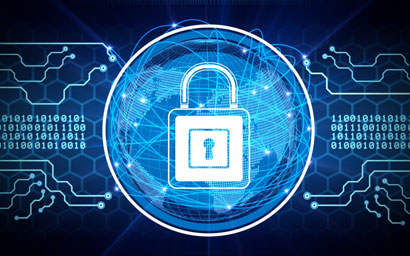Republic at the Center of Cyber Crime Charges in Three Cases
Criminal charges announced this week against multiple alleged hackers in Iran show the breadth of the cyber threat emanating from that country and the FBI and partner agency efforts to neutralize it and hold the individuals accountable.
The hacks included cyber intrusions and fraud, vandalism of U.S. websites, and intellectual property theft from U.S. aerospace and satellite technology companies. In each of the cases, the suspects were believed to be operating at the behest of the Iranian government, or in support of it.
While the cases filed in federal courts in Boston, Alexandria, and Newark are separate and unique, prosecutors and FBI investigators said they send a message that hackers will face consequences regardless of distance and borders.
“No cyber actor should think they can compromise U.S. networks, steal our intellectual property, or hold our critical infrastructure at risk without incurring risk themselves,” said Executive Assistant Director Terry Wade of the FBI’s Criminal, Cyber, Response, and Services Branch. “The FBI will continue to work with our partners to protect U.S. interests and to impose consequences on those cyber actors working on behalf of the Government of Iran in furtherance of their nefarious goals.”
On Tuesday, Behzad Mohammadzadeh, of Iran, and Marwan Abusrour, of the Palestinian territories, were indicted in Massachusetts on charges of damaging multiple websites as retaliation for U.S. military action in January that killed the head of the Islamic Revolutionary Guard Corps-Quds Force, a U.S.-designated foreign terrorist organization.
https://www.fbi.gov/news/stories/iran-at-center-of-cyber-crime-charges-in-three-cases-091820




























